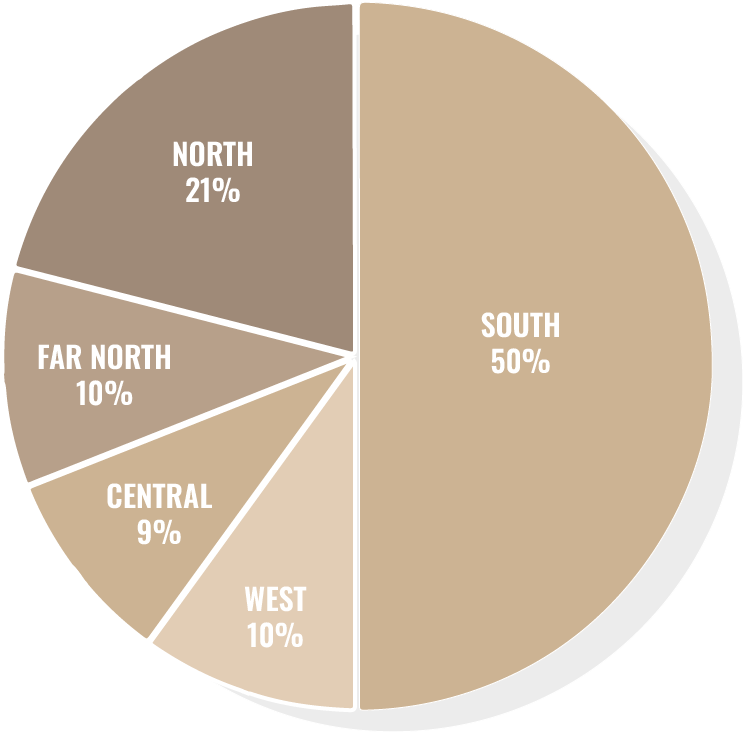Botswana, a landlocked country in Southern Africa, is
renowned for its stable democracy, rich cultural heritage,
and stunning landscapes. It gained independence from
Britain in 1966 and has since been recognized for its
impressive economic growth, primarily driven by diamond
mining, tourism, and agriculture.
Geography and Wildlife Botswana is home to
diverse ecosystems, from the arid Kalahari Desert to the
lush Okavango Delta, a UNESCO World Heritage site. The
country's commitment to conservation has resulted in
thriving wildlife populations, making it a premier destination
for safari enthusiasts.
People and Culture The people of Botswana, known
as Batswana, are known for their warmth and hospitality.
The country has a rich cultural tapestry, with a strong
emphasis on traditional music, dance, and crafts. Setswana
is the national language, while English is widely spoken and
used for official purposes.
Economy
Botswana's economy is one of the
strongest in Africa, underpinned by prudent fiscal
management and significant diamond resources. The
government has invested heavily in education,
healthcare, and infrastructure, contributing to a high
standard of living and low corruption levels.
Capital and Major Cities Gaborone, the capital
city, is the economic and administrative hub of
Botswana. Other major cities include Francistown,
Maun, and Kasane, each offering unique attractions
and serving as gateways to different parts of the
country.
Botswana is a shining example of development and
stability in Africa, offering a unique blend of natural
beauty, cultural richness, and economic prosperity.








